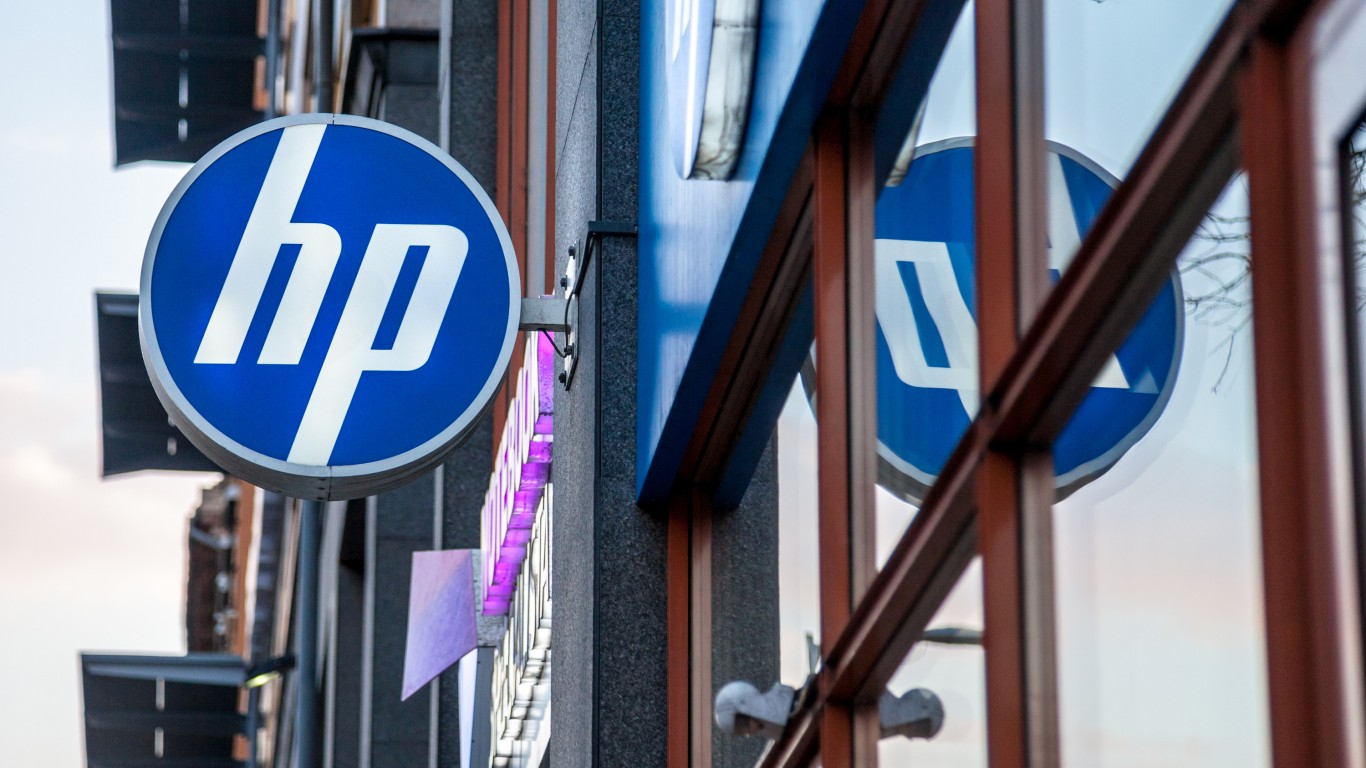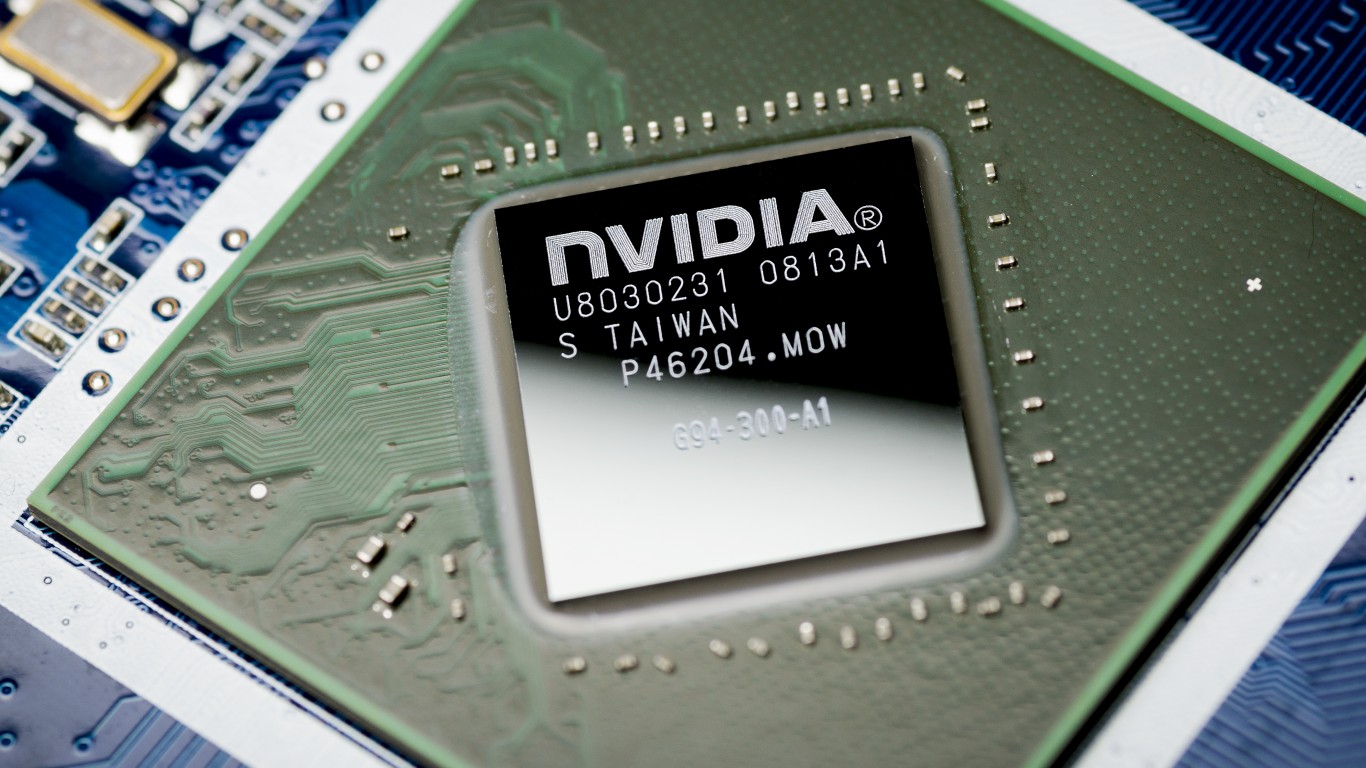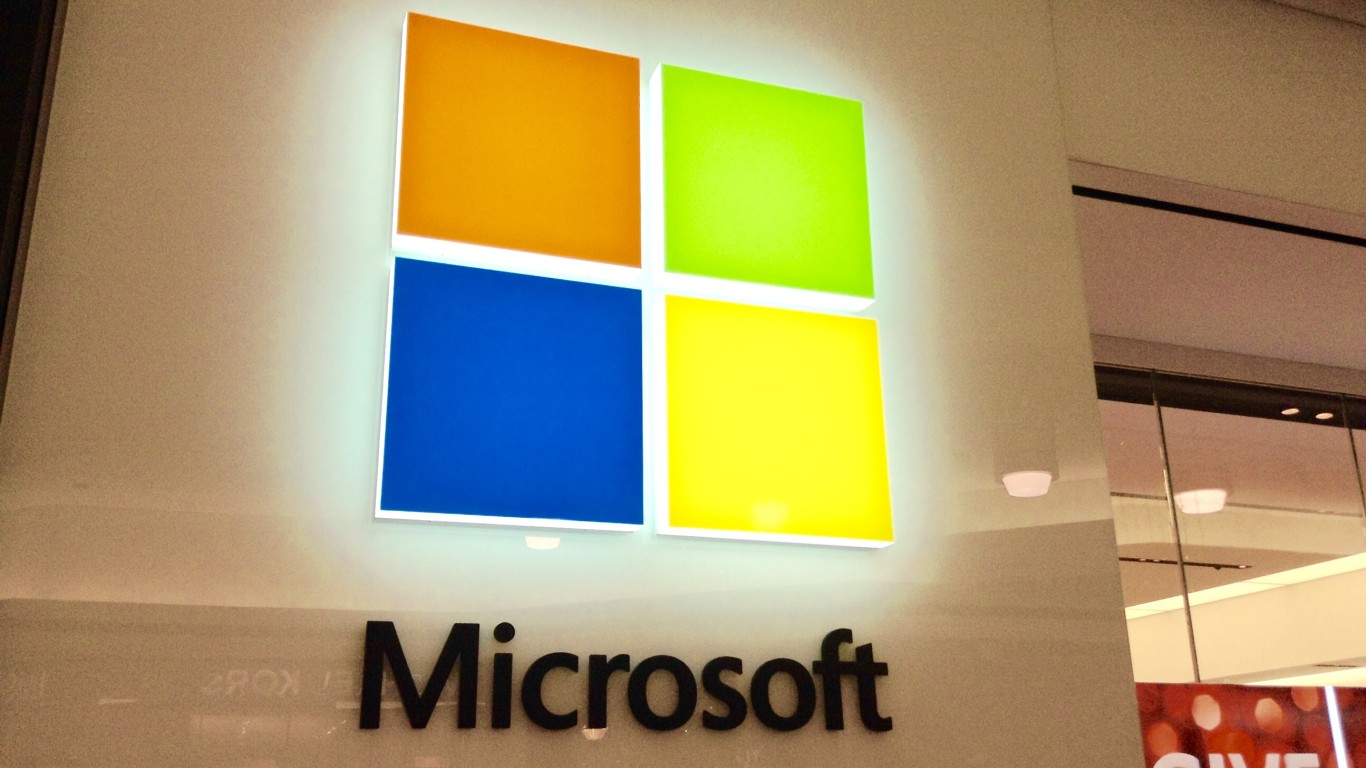
Companies have several ways they can share their success with their investors: They can pay dividends or they can buy back stock. Both are popular with investors and are generally considered a bullish signal on Wall Street.
A buyback is management declaring its belief that its own stock is the best return on investment it can make. As long as profits remain stable, share repurchases increase earnings per share by dividing the same amount of profits among a smaller pool of stock.
And despite the 1% tax the Biden administration imposed in 2023 on stock buybacks, they are more popular than ever. Between 2012 and 2022, global buybacks tripled in value while dividends only grew 54%. Although stock repurchases declined last year, Goldman Sachs (NYSE:GS) says they will hit $1 trillion by 2025.
Considering some of the huge buyback announcements we’ve seen so far this year, they may handily eclipse that amount. In May, for example, Apple (NASDAQ:AAPL) announced a $110 billion buyback program after enjoying tremendous profit growth. Alphabet (NASDAQ:GOOG)(NASDAQ:GOOGL) announced a $70 billion one in April.
While the three stock buyback announcements below don’t match the levels of those two programs, they are among the biggest announcements this year.
The only thing to remember is a company is not obligated to buy back their shares, so these repurchases might not happen. They certainly won’t happen all at once.
Key Points About This Article:
- Stock buybacks are popular with companies, investors, and Wall Street as they signal bullish management sentiment and are a nontaxable means (for investors anyway) of returning value to shareholders.
- There could be a record number of buybacks occurring over the next year, but the three stocks below have some of the biggest repurchase plans announced so far in 2024.
- If you’re looking for some stocks with huge potential, make sure to grab a free copy of our brand-new “The Next NVIDIA” report. It features a software stock we’re confident has 10X potential.
HP (HPQ)

Computer hardware maker HP (NYSE:HPQ) announced a new $10 billion stock repurchase authorization at the end of August. Although it wasn’t as large as the $15 billion program initiated in 2020, HP only had $1.4 billion remaining in the authorization after buying back 17.1 million shares in its fiscal third quarter.
At a price of just under $36 per share, it means HP could buy back around 278 million shares. With 990 million shares outstanding at the end of July, it would effectively reduce the computer maker’s share count by 28%.
Since the 2020 buyback program began, HPQ stock is up 148% compared to a 79% gain by the S&P 500. While HP reduced its share count by one third from the 1.46 billion shares outstanding at the time, it also means HP was buying up shares at ever higher prices.
While third-quarter revenue was up 2.4% year-over-year to $13.5 billion, adjusted net earnings dropped 5%. That was mostly due to weakness in its printer business, but with the potential for a PC upgrade cycle, especially with new artificial intelligence-enhanced computers, the profit situation could reverse for HP.
Nvidia (NVDA)

AI chipmaker Nvidia (NASDAQ:NVDA) announced a huge $50 billion buyback program in August, one of only a handful of companies to announce repurchases of that size or greater. It is part of the chipmaker’s overall plan to return value to shareholders, which included the 10-for-1 stock split that occurred in May.
Yet Nvidia’s buyback plan is different than HP’s. While the computer maker said its program may be used to help offset any share dilution caused by stock options paid to employees, the chipmaker said its plan was primarily being used for that purpose. It’s an acknowledgement of the costs options impose through executive compensation.
Moreover, with NVDA stock up 650% over the past two years, the chipmaker is paying a lot for its stock, and could be paying even more. If the stock falls though, say because AI doesn’t deliver the payoffs companies are anticipating from it, causing profits to fall, Nvidia may have to cut back on the share repurchases. It would stand the concept of buying low and selling high on its head.
Yet that doesn’t look like it will be Nvidia’s fate for the foreseeable future. Its AI-enhanced graphics processing units (GPUs) still own the data center market. As its peers continue to lag behind, its positioning seems secure.
Microsoft (MSFT)

The biggest stock buyback program behind Apple and Alphabet this year is Microsoft (NASDAQ:MSFT). It just announced a massive repurchase plan valued at $60 billion. On top of the 10% hike in its dividend, the tech giant has been rewarding its shareholders with a significant return of value. Will it go for the three-fer and announce a stock split soon?
Microsoft hasn’t split its shares in over 20 years, but with the stock trading at $422 a share, a two-for-one or three-for-one split could make sense. Shares have risen 1,470% since the last one, but most of the gains have come in the last 10 years. Over that time, its dividend has also risen at an 11% compounded annual growth rate, growing from $0.97 per share to its current $3.32 per share payout.
Although Microsoft’s buyback program has no end date and can be terminated at any time, the tech star has been buying shares all the way up. The average repurchase price in just the fiscal fourth quarter is $422 a share, right at its current valuation, suggesting any further retreat in the price from its high could spark additional, larger purchases.
The Average American Is Losing Momentum On Their Savings Every Day (Sponsor)
If you’re like many Americans and keep your money ‘safe’ in a checking or savings account, think again. The average yield on a savings account is a paltry .4%1 today. Checking accounts are even worse.
But there is good news. To win qualified customers, some accounts are paying more than 7x the national average. That’s an incredible way to keep your money safe and earn more at the same time. Our top pick for high yield savings accounts includes other benefits as well. You can earn a $200 bonus and up to 7X the national average with qualifying deposits. Terms apply. Member, FDIC.
Click here to see how much more you could be earning on your savings today. It takes just a few minutes to open an account to make your money work for you.
Thank you for reading! Have some feedback for us?
Contact the 24/7 Wall St. editorial team.





